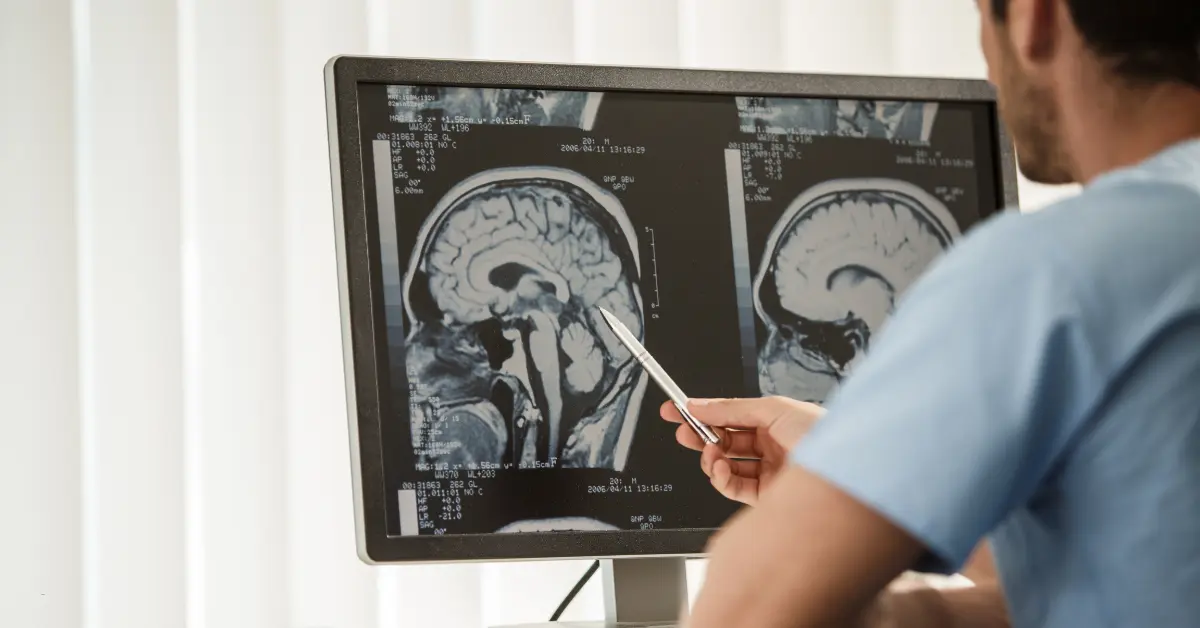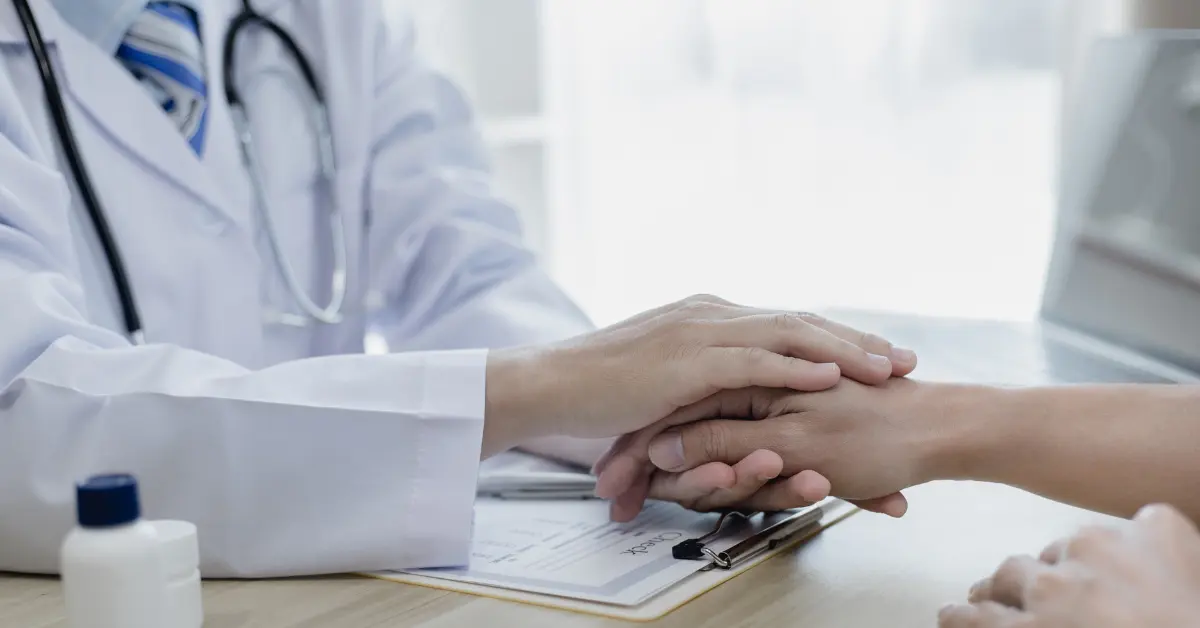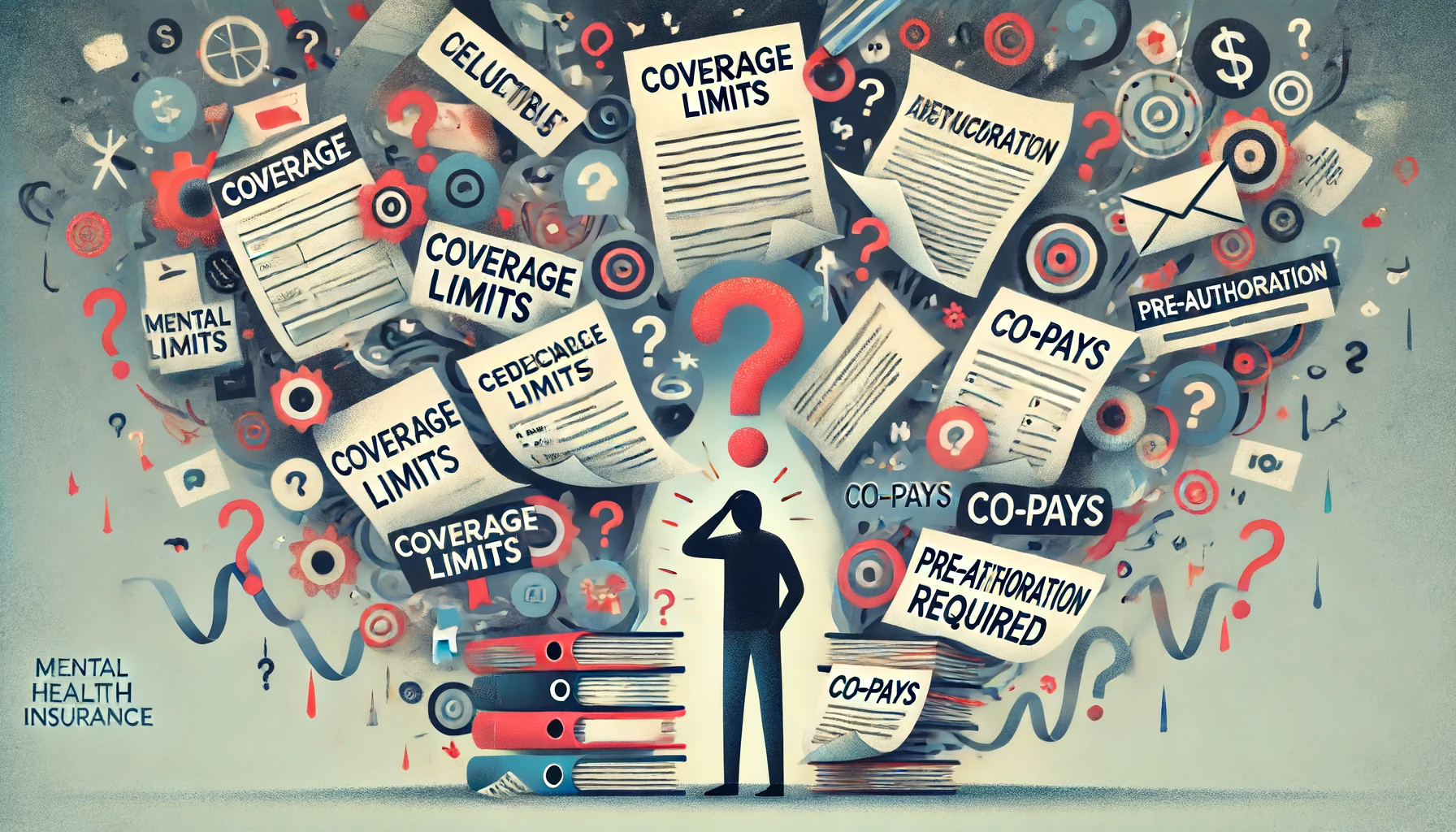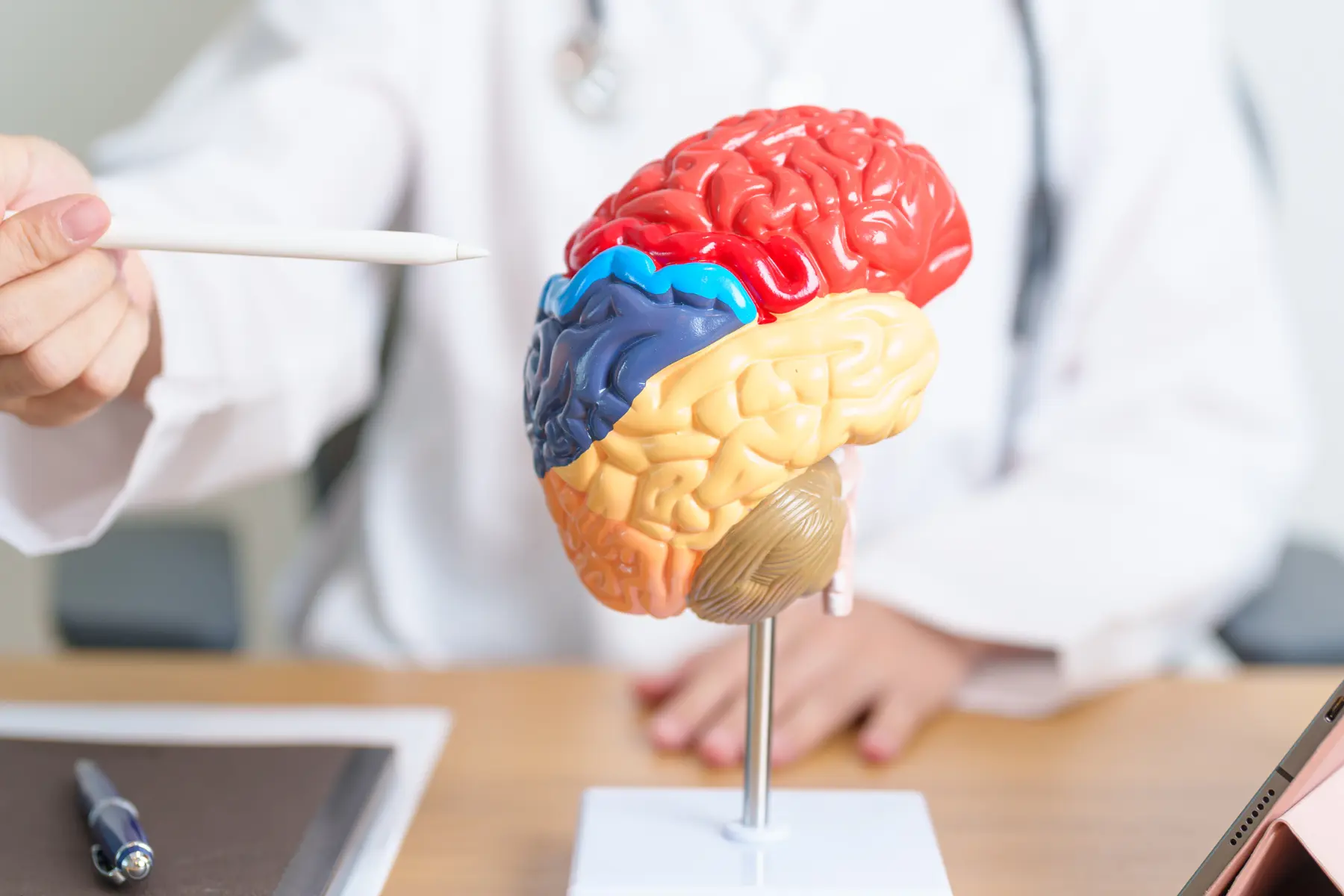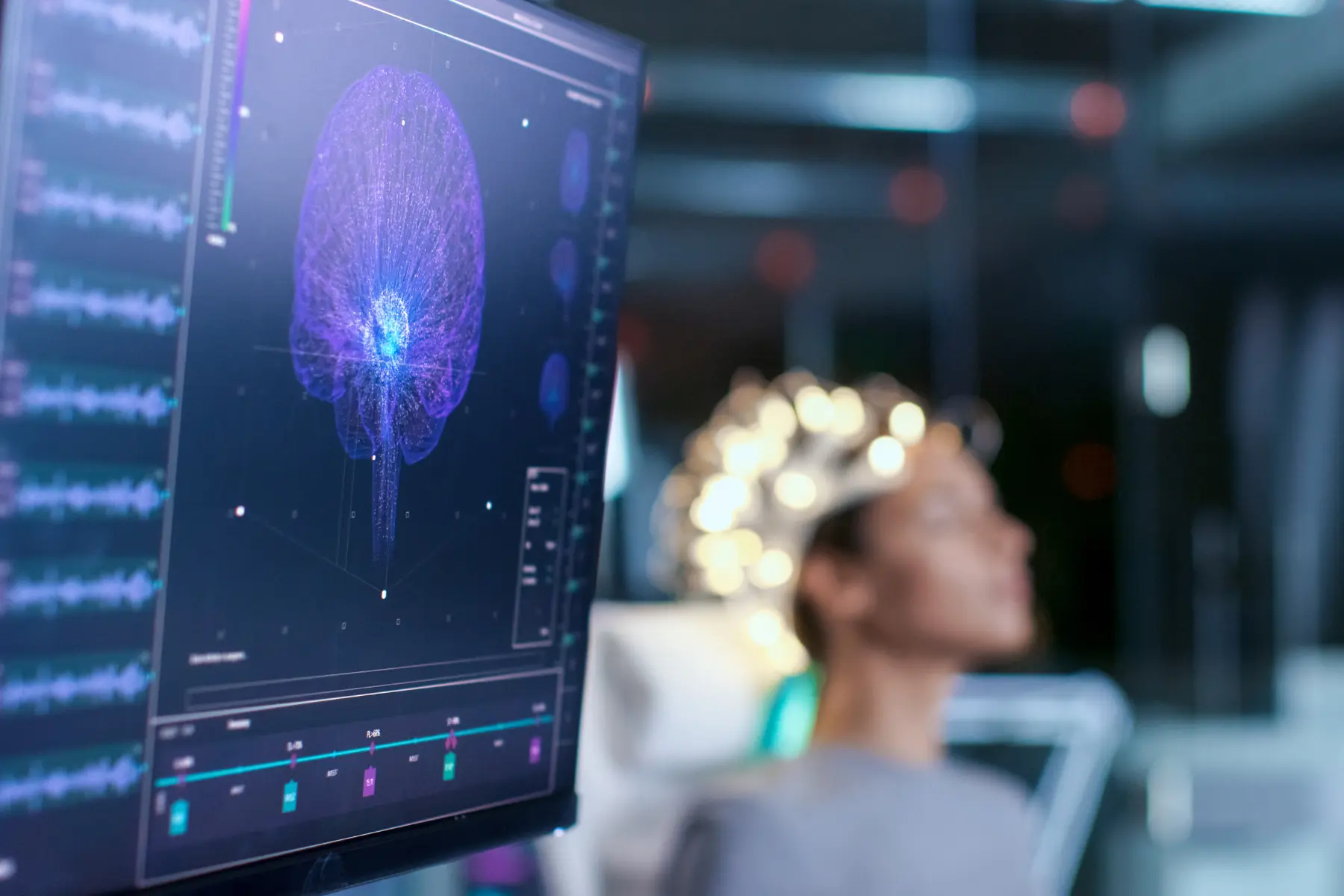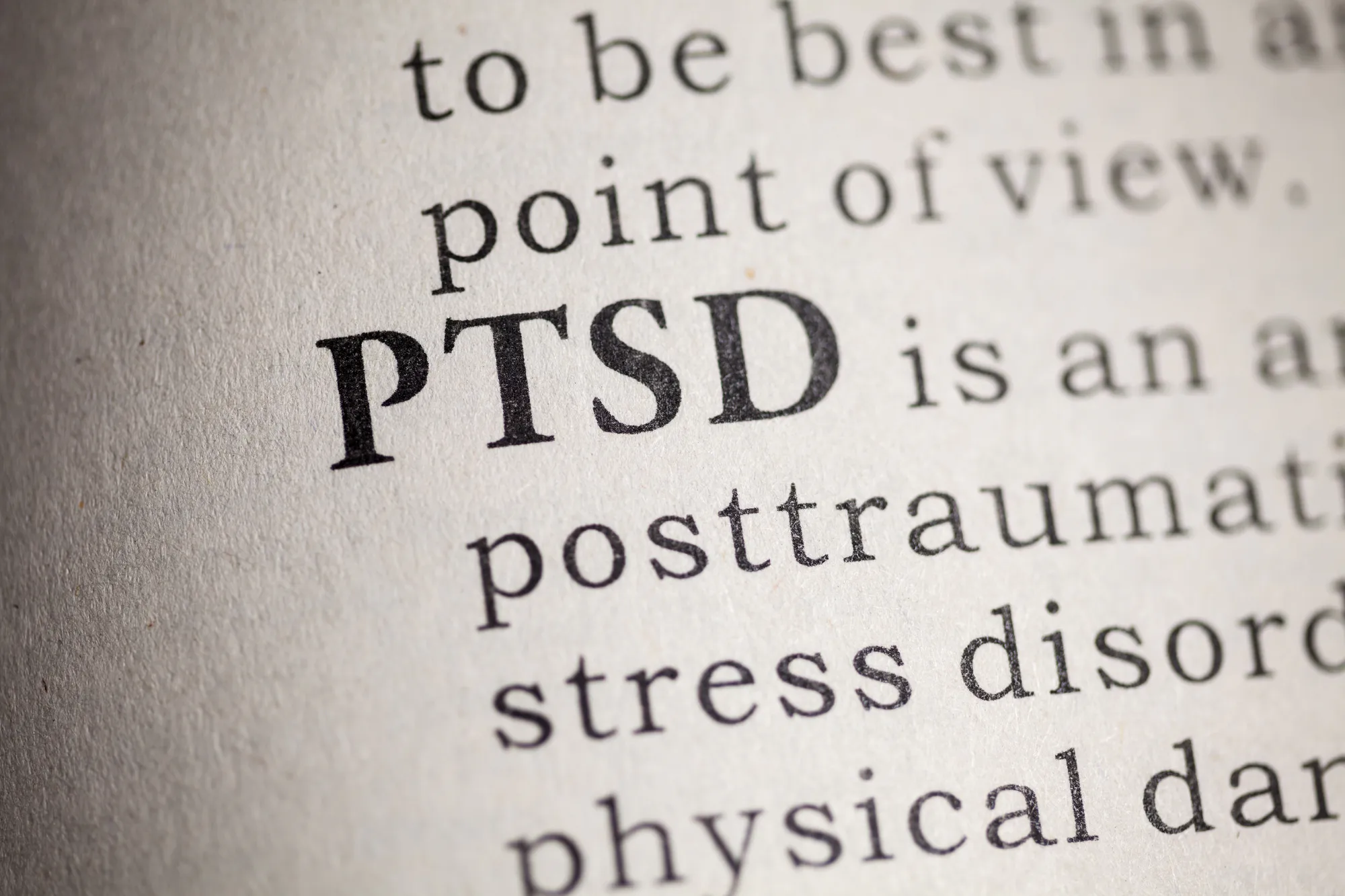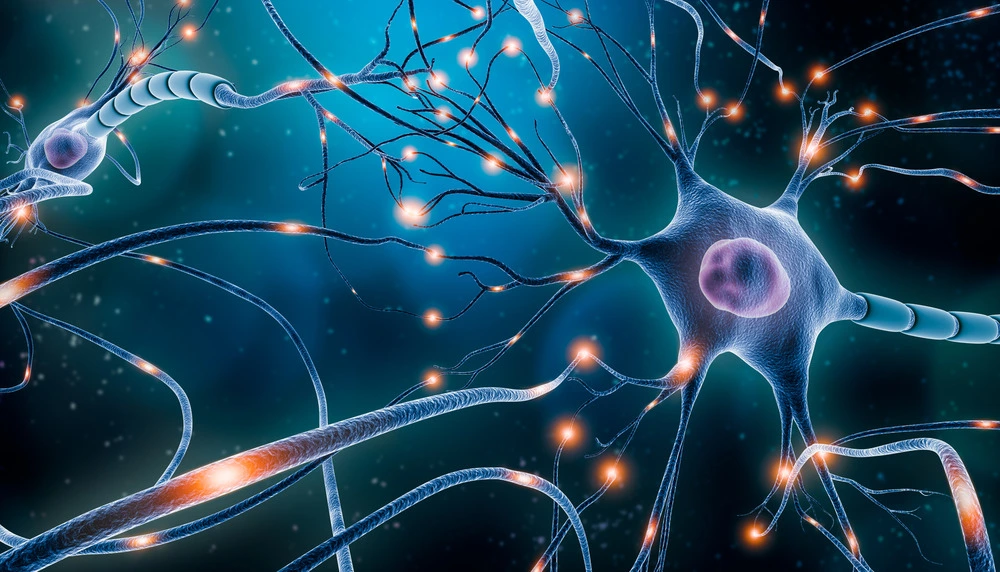Repetitive
Transcranial Magnetic Stimulation (rTMS), also known as TMS, is an FDA-approved therapeutic approach for addressing Major Depressive Disorder and Obsessive Compulsive Disorder (OCD). TMS Therapy utilizes a specialized device positioned on a patient’s head, designed to
activate regions of the brain that exhibit reduced activity in individuals experiencing symptoms of depression and OCD.
Initially introduced to the public in 2008, TMS treatment was extremely costly, with only one available device (NeuroStar) that medical practitioners could obtain at a high cost, resulting in high treatment prices. Many doctors using this device would bill upwards of $16,000 for a complete treatment regimen. Today, however, the landscape has evolved, offering a broader
range of TMS therapies at more accessible costs. In the past, the initial high cost of TMS was influenced by several factors:
- Equipment Cost: The significant expense involved in purchasing the initial TMS machines posed a major hurdle. These advanced devices, incorporating cutting-edge technology for brain stimulation, required substantial capital investment, often reaching several hundreds of thousands of dollars. This high cost was not just a reflection of the technology’s sophistication but also the limited number of suppliers and the complex manufacturing processes involved. For many healthcare providers, especially smaller clinics or those in economically constrained regions, this investment was prohibitively expensive, limiting the spread of this potentially life-altering treatment.
- Session Charges: Initially, the cost per TMS session for doctors ranged from $60 to $100. This fee was imposed by the manufacturers and distributors of the machines and was meant to cover various licensing, maintenance, and technical support services. These charges were directly passed on to the patients, which significantly increased the cost of treatment per session. Such high per-session costs were necessary for healthcare providers to sustain their operations but posed a financial barrier to patients, especially those without adequate insurance coverage or those requiring multiple sessions as part of their treatment plan.
- Operational Expenses: To achieve a break-even point, physicians had to set their pricing to cover not just the session charges but also additional operational costs. These included salaries for skilled TMS technicians, who are essential for the safe and effective administration of the therapy, and general overheads such as clinic space, utilities, and administrative support. The cumulative financial burden of these expenses meant that TMS treatment could become a high-cost service, impacting the overall accessibility of this innovative therapy to a broader range of patients.
The economic challenges associated with TMS in its early stages highlight the complexities of introducing new medical technologies into the healthcare market. Despite its proven effectiveness in treating certain psychiatric and neurological conditions, the financial implications had a significant impact on how quickly and widely TMS could be integrated into routine clinical practice.
Alternative devices gained FDA approval, such as the “Deep TMS” machine by Brainsway and the “MagVita” machine by MagVenture. The “MagVita” machine by MagVenture and the “CloudTMS” machine also contribute significantly to the evolving TMS therapy scene. These devices offer economic advantages by eliminating per-treatment charges, a common expense with many other TMS systems. This pricing model allows clinics to provide more cost-effective treatment options to patients, reducing the financial burden and potentially increasing access to this life-changing therapy. The MagVita, in particular, is known for its robust build and user-friendly interface, which includes customizable treatment protocols that can be adapted to meet the specific needs of each patient. This flexibility, coupled with cost efficiency, enhances the appeal of the MagVita machine among healthcare providers. Similarly, the CloudTMS machine offers versatility and reliability, with an emphasis on streamlined operation and maintenance, further lowering the operational costs for practices.
Presently, there are a total of seven FDA-approved TMS machines in the United States, with two recent additions to this lineup. The introduction of the Apollo TMS and NexSTim devices marks a progressive shift toward integrating more sophisticated technology in the field of neuromodulation. The Apollo TMS, hailing from Germany, stands out with its robotic arm feature. This distinct design allows for the precise placement of the magnetic coil, a critical component in delivering therapeutic magnetic pulses directly to targeted brain areas. This innovation represents a departure from traditional TMS machines that generally utilize manual or semi-automatic locking mechanisms for coil positioning. The robotic arm enhances the accuracy and repeatability of the treatment, potentially improving patient outcomes by ensuring that the magnetic fields are consistently delivered to the exact area of the brain each session.
NexSTim, on the other hand, brings its origins from neurosurgical technology into the TMS sphere. This device not only focuses on stimulating the brain but also incorporates advanced brain imaging technologies to identify and target specific neural regions with greater precision. Its approach is grounded in the integration of navigated brain stimulation (NBS), which uses MRI-guided imaging to map out the brain’s structure. This capability allows clinicians to visualize and adjust the magnetic fields in real-time, tailoring the therapy to the patient’s unique neural anatomy. Such precision is crucial, especially in treating complex psychiatric and neurological disorders where specific brain areas need to be targeted.
Amid inquiries from patients and providers regarding machine preferences at different locations, it’s worth noting that the treatment protocol itself holds greater significance than the specific machine employed. Every FDA-approved machine initially pursued its regulatory clearance based on its likeness to other TMS machines, underscoring the substantial commonality among these devices.
TMS has become significantly more affordable to the majority, shedding its high-cost reputation. Starting from 2013, substantial insurance providers like Aetna, Cigna, Blue Cross Blue Shield, Blue Shield of California (Magellan), Anthem Blue Cross, and Medicare began including TMS in their coverage. This inclusion of TMS under insurance coverage has led to a marked reduction in its cost for individuals seeking treatment. Nonetheless, the extent of coverage differs based on the specific insurance company in question. Some insurers stipulate that patients must have previously attempted at least four different antidepressant medications before being eligible for TMS coverage while other insurance providers adopt a more flexible approach. As of 2024, here are the latest requirements from major insurance companies:
- Aetna: Aetna has streamlined its TMS coverage requirements to require patients to have tried two prior antidepressant medications and one “augmentation” strategy. Augmentation involves using an additional medication in conjunction with an antidepressant to enhance therapeutic effects. Aetna specifies which medications are acceptable for the augmentation trial, reflecting a tailored approach to ensuring patients receive comprehensive prior treatment before approving TMS.
- Anthem Blue Cross: Anthem Blue Cross maintains a requirement that patients must have attempted at least two different antidepressant medications before qualifying for TMS. This stipulation is part of a broader strategy to make sure that TMS is used as an advanced treatment option after other medications have failed to produce satisfactory results. By setting this baseline, Anthem ensures that only those with a demonstrated need for alternative treatment options move forward with TMS, optimizing resource allocation and patient outcomes.
- Beacon Health Options (now Carelon): Similarly, Beacon Health Options, now operating under the Carelon brand, also requires that patients have tried two previous antidepressant medications before TMS is covered. This policy underscores the company’s commitment to ensuring that only those patients who have not had success with initial treatment options are considered for TMS, thus maintaining a high standard of care and effective use of medical resources.
- Blue Cross Blue Shield: The criteria for TMS coverage under Blue Cross Blue Shield policies can vary widely. For instance, BCBS of Illinois requires a history of four different antidepressant trials, while other branches may require only two. Patients need to contact their specific provider to understand the precise requirements. Variability allows for a degree of customization and flexibility in treatment planning that can be better tailored to the individual needs of patients within different geographic and policy contexts.
- Blue Shield of California (Magellan): This insurer also sets the bar at two prior unsuccessful treatments with antidepressant medications before approving TMS coverage. A consistent approach across several insurers highlights an industry standard that prioritizes thorough exploration of conventional treatments before moving to more advanced and expensive options like TMS.
- HealthNet (MHN): HealthNet (MHN) demands a more stringent requirement, with patients needing to have tried four antidepressant medications from at least two different classes. This rigorous criterion ensures that only those who have not benefited from a broad spectrum of available medications are considered for TMS, thereby prioritizing it as a last-resort treatment.
- Cigna: Cigna requires two antidepressant medications from two different classes (e.g., not both SSRIs) before considering TMS coverage. Such requirement is aimed at ensuring that patients have tried a diverse range of pharmacological approaches, which could potentially address different underlying mechanisms of depression, before turning to TMS.
- Medicare: Medicare’s coverage for TMS requires one prior attempt with an antidepressant medication, though this can vary depending on the patient’s geographic location. This relatively lower barrier to entry makes TMS more accessible to a broader range of patients under Medicare, reflecting the program’s goal of providing comprehensive healthcare options to its beneficiaries.
- United Healthcare (Optum): Like many of its peers, United Healthcare requires patients to have attempted treatment with two different antidepressant medications before TMS is covered. This criterion is part of a comprehensive approach to managing mental health treatments, ensuring that TMS is used judiciously as an alternative treatment option.
Please note that each of these companies also mandates a minimum of two months of psychotherapy as a prerequisite before being insured for TMS treatments. To determine if your insurance covers TMS treatment, the simplest approach is to complete our treatment history form. Within 24 hours, we will inform you about the coverage status of your treatment. Encouragingly, there are potential exceptions. Our collaboration with more
comprehensive programs, which might contain:
- Esketamine: Administered as a nasal spray, Esketamine represents a significant advancement in the treatment of depression, especially for patients who have not responded to conventional antidepressants. Unlike traditional treatments that focus on the serotonin system, Esketamine targets the NMDA receptors in the brain. This action helps to modulate neurotransmitter activity in a way that can quickly improve mood, which is vital for patients suffering from severe, treatment-resistant depression. The rapid onset of Esketamine’s effects can be particularly beneficial in acute cases, providing relief within hours instead of the weeks typically required for standard antidepressants to become effective. Its use, however, must be closely monitored in a clinical setting due to its potent nature and the psychological experiences it can induce.
- Group Therapy: Group therapy offers a unique environment where individuals can find support and camaraderie among peers facing similar challenges. This therapeutic approach leverages the power of collective experience, enabling participants to share personal insights and coping strategies that might not emerge in individual therapy settings. The social interaction component of group therapy is vital as it helps alleviate feelings of isolation that often accompany psychiatric disorders. By engaging in group therapy, patients are likely to develop new communication skills and perspectives that can aid in their overall recovery process. Moreover, the normalization of their experiences through shared stories can significantly bolster individual resilience and motivation to continue battling against their conditions.
The integration of such diverse therapeutic modalities not only enriches the treatment landscape but also offers hope and improved outcomes for those grappling with complex mental health issues. This holistic approach ensures that treatment plans are not only medically robust but also emotionally and socially supportive, catering to the nuanced needs of each patient.
As a leading provider of Personalized
TMS in Los Angeles, we are committed to further reducing the cost of TMS. We firmly believe that exceptional mental health care should be accessible to everyone, regardless of their financial circumstances. If you or a loved one wish to explore more about TMS costs, we invite you to
schedule a consultation with one of our psychiatric providers today.
The evolution of Repetitive Transcranial Magnetic Stimulation (rTMS) from an expensive, niche treatment to a more accessible therapy underscores significant advancements in mental health care. As newer models and more insurers embrace TMS, the doors to effective treatment open wider for individuals grappling with Major Depressive Disorder and Obsessive Compulsive Disorder. This progress not only explains earlier financial barriers but also enhances the therapeutic landscape, providing patients with diverse, cost-effective options. The expansion in FDA-approved TMS devices and the broadening insurance coverage reflect a healthcare system adapting to incorporate innovative technologies that promise substantial improvements in patient outcomes. As TMS becomes more integrated into standard psychiatric care, it holds the potential to transform lives by offering a non-invasive, highly effective treatment option for those who have not found relief through traditional methods.




